Workers who resist vaccine mandates may not be eligible for EI, according to feds
Brett Bundale, The Canadian Press
Employment and Social Development Canada (ESDC) has issued a notice to employers enforcing vaccine mandates to help them fill out records of employment, a document needed to apply for EI benefits.
The department said if an employee doesn’t report to work or is suspended or terminated for refusing to comply with a vaccine mandate, the employer should indicate that they quit, took a leave of absence or were dismissed — potentially disqualifying them from EI.
The notice also laid out multiple factors that could be considered, including whether the vaccine policy was clearly communicated, if it was reasonable within the workplace context and potential exemptions.
“A fundamental principle of the EI program is that claimants must lose their employment through no fault of their own to be eligible for EI regular benefits,” Marie-Eve Sigouin-Campeau, a spokesperson for ESDC, said in an emailed statement.
“The Employment Insurance Act states that a claimant is disqualified (or disentitled) from receiving benefits if they have been suspended or dismissed as a result of their own misconduct, or if they have voluntarily left their employment without just cause.”
She added that while all claims for benefits would be adjudicated based on individual circumstances, employees not complying with a mandatory vaccination policy would typically not be eligible to receive EI regular benefits — unless there are extenuating circumstances, such as a valid medical exemption that the employer is unable to accommodate.
Whether workers who refuse to comply with mandatory COVID-19 vaccinations would have access to benefits depends on several factors, but the onus would be on the claimant to demonstrate just cause for leaving, Sigouin-Campeau said.
If a workplace vaccine policy does not provide exemptions to accommodate employees who have valid reasons, like a medical condition or religious beliefs that prohibit vaccination, these workers could be eligible for benefits, she said.
Employment lawyer Adam Savaglio said employment insurance claims will likely be assessed on a case-by-case basis.
“The key question is are you entitled to benefit from employment insurance if you refuse to vaccinate,” said Savaglio, a partner with Scarfone Hawkins LLP in Hamilton, Ont.
“I think they’re going to take a contextual approach, looking at all the factors of that individual’s employment, including whether it was a necessary condition of their employment contract that they be vaccinated,” he said.
“There will certainly be circumstances where employees will not be entitled to employment insurance.”
Employment lawyer Chris Justice said typically the only time an individual’s employment insurance claim is denied is when there was “just cause” for their termination. Generally, this refers to conduct of a serious nature that breaks the employment contract.
“The question would be whether or not somebody’s refusal to be vaccinated or adhere to a company’s vaccination policy would amount to just cause,” said Justice, an associate at Samfiru Tumarkin LLP.
“Unless there is government legislation in place — whether provincial or federal — that specifically requires an employer to have its employees vaccinated, then somebody’s refusal to be vaccinated may not amount to a just cause dismissal and therefore they would be entitled to severance and EI benefits.”
Many provincial governments across Canada have introduced mandatory vaccine policies in health care and school settings.
Ottawa also said it will require federal employees and workers in federally regulated industries to be vaccinated.
Some companies have also brought in vaccination policies, saying they have a duty to keep their workplaces safe.
This report by The Canadian Press was first published Oct. 22, 2021.
Brett Bundale, The Canadian Press
